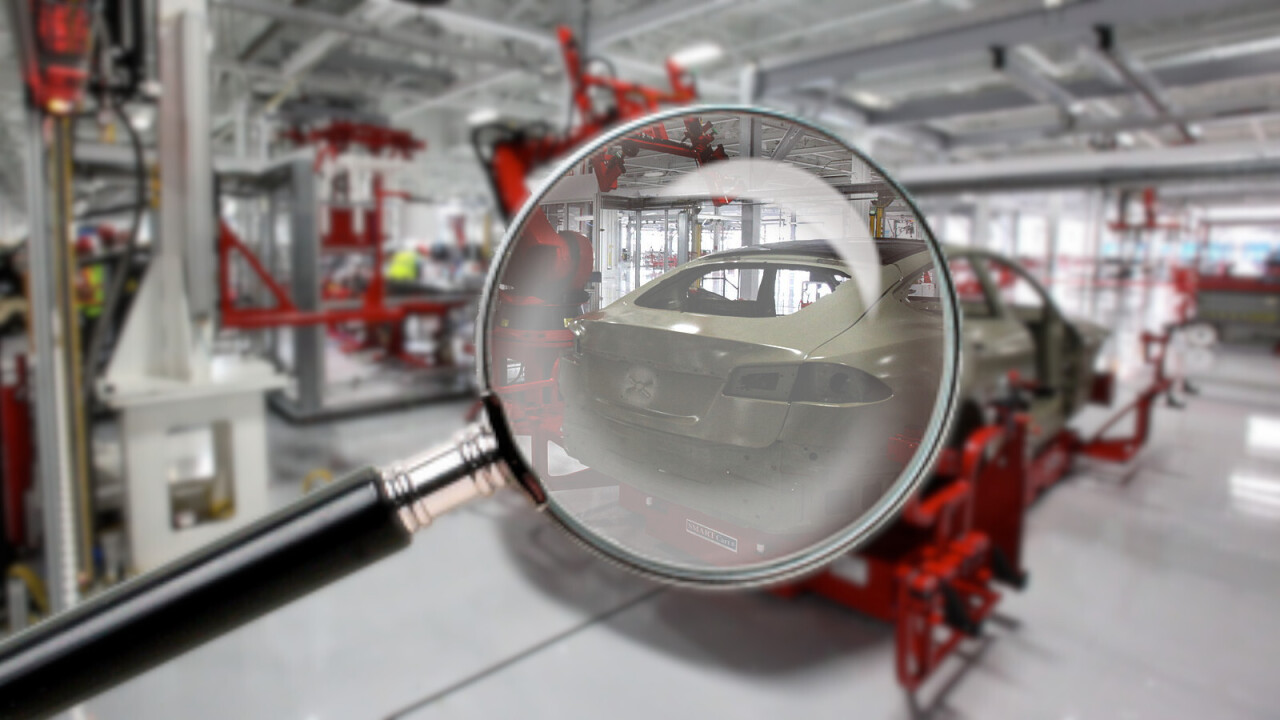
When it comes to the US election over the past few weeks, most people have been watching the run-in for who will be the next president. But voters also got to have their say on a bunch of bills and laws, one of which was a “Question 1,” a right-to-repair measure lodged in Massachusetts.
As Motherboard reports, Question 1 in Massachusetts passed with 75% of the votes in favor of the bill.
In short, Question 1 was an addition to ballot cards for Massachusetts-based voters and asked whether they wanted carmakers to be required by law to give third-party repair firms access to vehicle telematics data.
As a result of the ballot passing, carmakers that sell vehicles with data-gathering telematics systems in Massachusetts must make this data accessible to non-brand repair shops through a standardized open data platform. The measures will come into effect for 2022 model year vehicles.
[Read: What3words is about to make millions of car satnavs more accurate and easier to use]
Having access to telematics data will allow third-party repair shops to retrieve performance and mechanical data from vehicles, and run diagnostics through mobile applications.
As TechCrunch points out, the new law extends to data that’s also shared wirelessly. This takes much of the data ownership of Tesla vehicles away from the EV maker and gives that ownership back to individual owners.
Rich Benoit, a YouTuber known for repairing broken Teslas, told Motherboard that it’s a step in the right direction, but he doesn’t expect the EV maker to play ball.
Tesla has continually played hard to get with repair shops often refusing to certify repairs, provide components, and in some cases has even blocked cars from being able to use its Supercharger network.
The EV maker has also played on the semantics of a similar law passed in 2012 that required dealerships to provide diagnostic tools and repair manuals to secondhand repairers by claiming that it didn’t have dealerships. However, with the new law, Tesla shouldn’t be able to do that, as it requires any company that sells cars in the state to oblige.
Most likely, it’ll continue its tune of making access to diagnostics tools prohibitively expensive.
Tesla already has a Service and Repair Information Portal that allows body shops to get certified for “complimentary account access.” All others wanting diagnostic information from Tesla have to pay for a subscription that’ll cost $100 for 24 hours, or $3,000 for the year.
Hopefully, this can be written off as an operating cost for specialist repair shops, but as Benoit told Motherboard: “They’re very clever. [But] Hopefully, this time they give us a little bit more.”
In 2014, a host of automaker associations and repair shop unions signed a Memorandum of Understanding saying that they would follow the Massachusetts “right-to-repair” law in all 50 states. Tesla was reportedly absent from the MoU.
Hopefully, this latest bill removes any ambiguity that the voting public expects Tesla to play nice with people that just want to fix their own cars.
Tinkering with and maintaining vehicles is one of the great joys of motoring for many enthusiasts. Don’t take that away from us Tesla.

Get the TNW newsletter
Get the most important tech news in your inbox each week.





